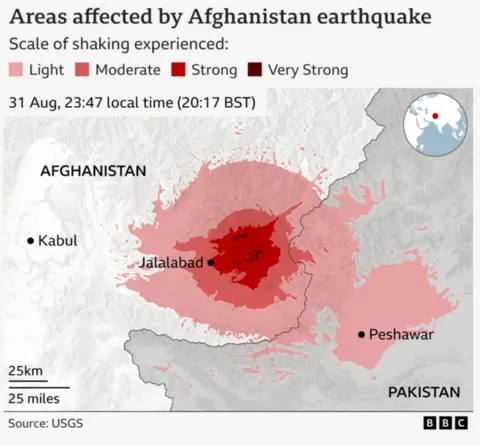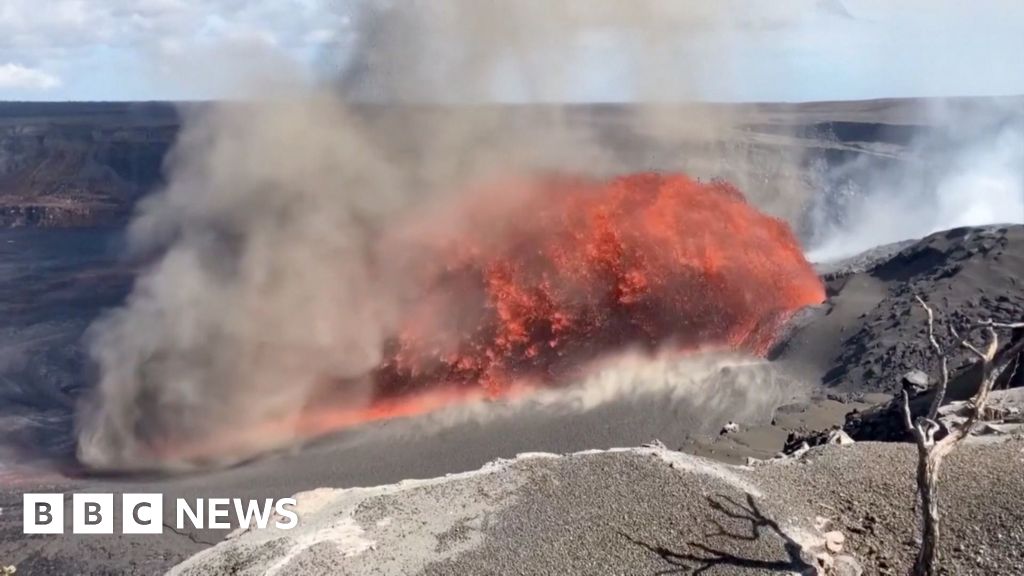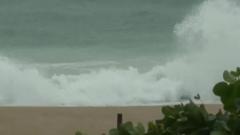Authorities have reported that over 400 species of marine life have perished due to the bloom, which has been expanding since March, now covering an area twice the size of Australia’s Capital Territory. This ecological crisis is attributed to a combination of ocean warming, marine heatwaves, and nutrient pollution stemming from climate change.
Saying this situation warrants recognition beyond mere technical classifications, South Australian Premier Peter Malinauskas expressed to the Australian Broadcasting Corporation (ABC) that the government should acknowledge the severity of the issue. In response, he announced his government would be matching a federal assistance package of A$14 million (approximately $9 million), aimed at funding research, cleanup efforts, and supporting affected industries.
Criticism of the federal government has surfaced, most notably from Greens Senator Sarah Hanson-Young, who accused them of downplaying the crisis, suggesting that if the disaster impacted more populated areas like Bondi Beach, government reactions would have been swifter.
Despite alarming reports, federal Environment Minister Murray Watt maintained that the incident does not meet the legal definition of a natural disaster, despite its catastrophic effects on both marine ecosystems and local economies.
With fishing businesses suffering immensely, some fishers report having no income for a quarter of the year. Ian Mitchell, an intermediary for the fishing industry, highlighted the emotional toll on affected individuals, saying, "I've got fishermen in tears on the phone." The extent of the crisis shows that further action and response are needed to address the implications of climate change on marine environments across Australia.
Saying this situation warrants recognition beyond mere technical classifications, South Australian Premier Peter Malinauskas expressed to the Australian Broadcasting Corporation (ABC) that the government should acknowledge the severity of the issue. In response, he announced his government would be matching a federal assistance package of A$14 million (approximately $9 million), aimed at funding research, cleanup efforts, and supporting affected industries.
Criticism of the federal government has surfaced, most notably from Greens Senator Sarah Hanson-Young, who accused them of downplaying the crisis, suggesting that if the disaster impacted more populated areas like Bondi Beach, government reactions would have been swifter.
Despite alarming reports, federal Environment Minister Murray Watt maintained that the incident does not meet the legal definition of a natural disaster, despite its catastrophic effects on both marine ecosystems and local economies.
With fishing businesses suffering immensely, some fishers report having no income for a quarter of the year. Ian Mitchell, an intermediary for the fishing industry, highlighted the emotional toll on affected individuals, saying, "I've got fishermen in tears on the phone." The extent of the crisis shows that further action and response are needed to address the implications of climate change on marine environments across Australia.





















